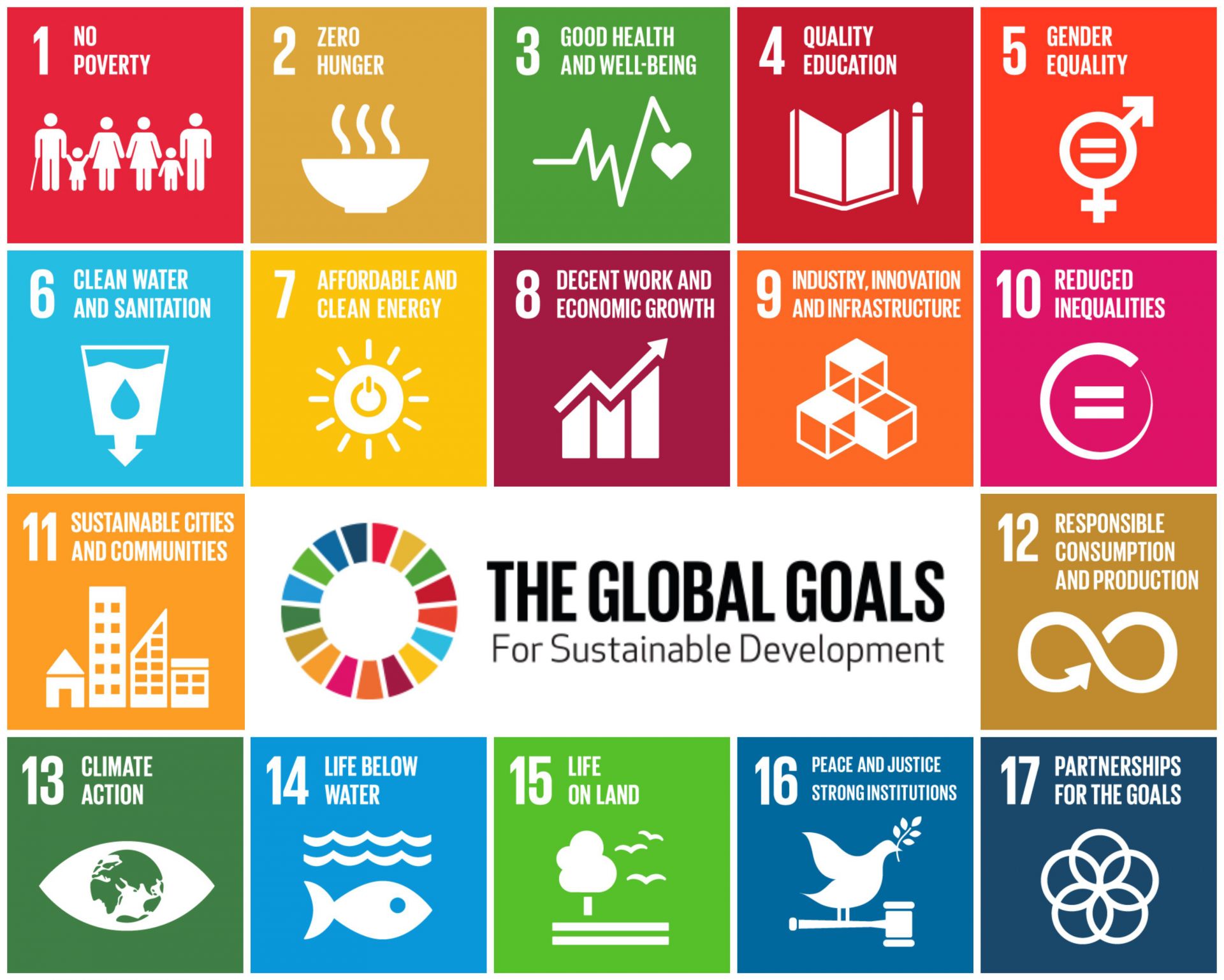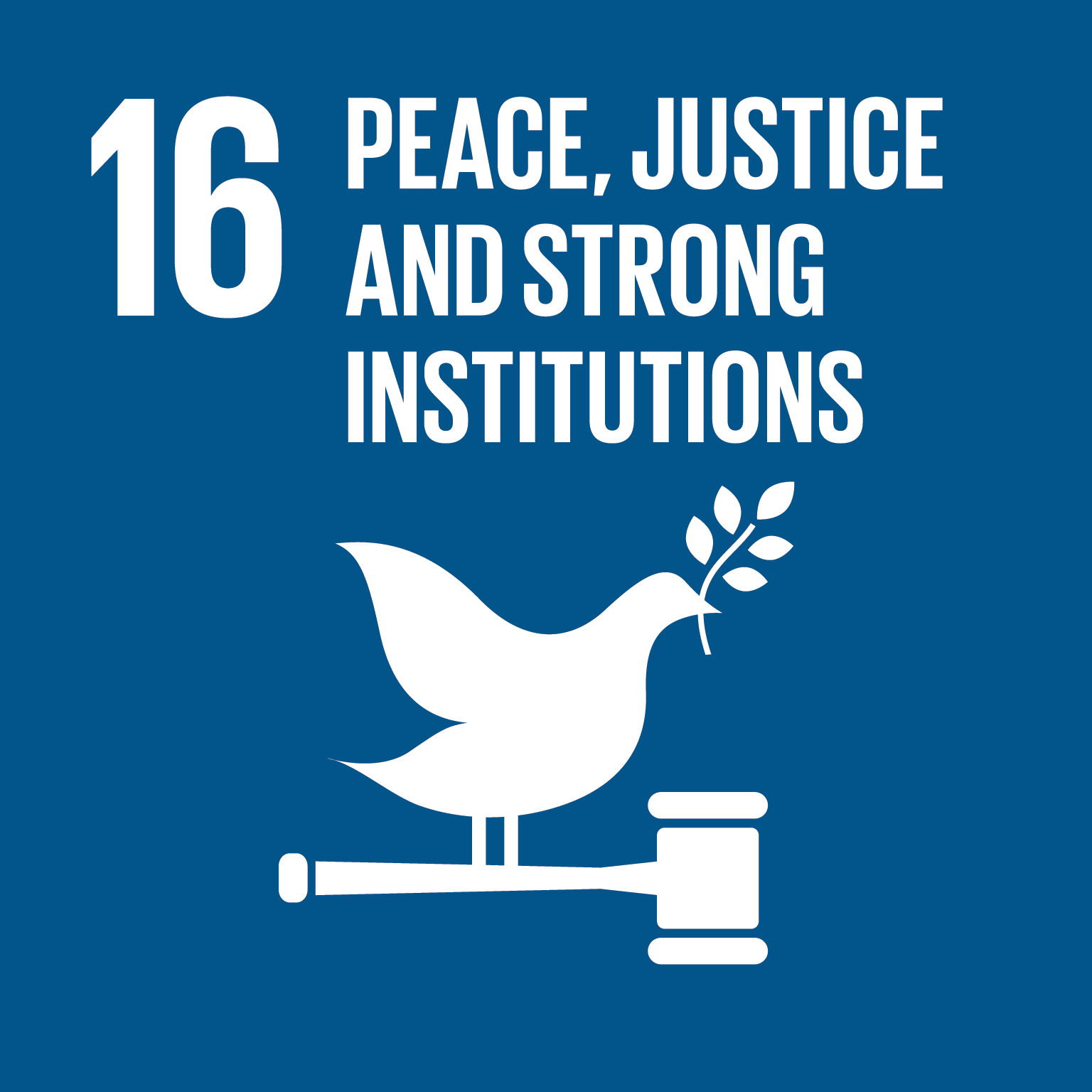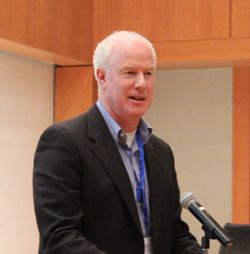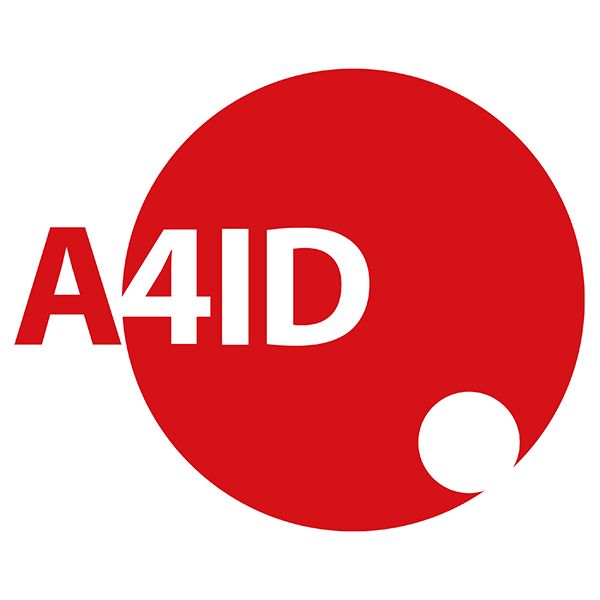The Legal Path to Sustainable Development: Module 8
Development and the Rule of Law
Write your awesome label here.

-
Pre-reading study time2 hours
-
Live session3.5 hours
-
-
Community of Practice

Session 1: Strong institutions, rule of law and development
MEET THE INSTRUCTOR
Dr. Michael Woolcock
The World Bank
Michael Woolcock is Lead Social Scientist in the World Bank’s Development Research Group, where he was worked since 1998. For sixteen of these years he has also been a (part-time) Lecturer in Public Policy at Harvard University’s Kennedy School of Government. His current research focuses on strategies for enhancing state capability for policy implementation, on using mixed methods to assess the effectiveness of ‘complex’ interventions, and the future of multilateralism and global development. In addition to more than 100 journal articles and book chapters, he is the co-author or co-editor of ten books, including Legal Pluralism and Development Policy: Scholars and Practitioners in Dialogue (edited, with Brian Tamanaha and Caroline Sage; Cambridge University Press 2012), Building State Capability: Evidence, Analysis, Action (with Matt Andrews and Lant Pritchett; Oxford University Press 2017) and, most recently, the World Bank’s biennial Poverty and Shared Prosperity Report 2020: Reversals of Fortune (with Samuel Freije-Rodriguez et al; World Bank 2020). He was also co-founder of the World Bank’s global ‘Justice for the Poor’ program, which operated in a dozen countries in Asia, Africa and the Pacific from 2002-2017. An Australian national, he completed his undergraduate studies at the University of Queensland, and has an MA and PhD in comparative-historical sociology from Brown University.


Session 2: Political corruption and the impact on development
MEET THE INSTRUCTOR
Dr. Sarah Bracking
Kings College London
Sarah Bracking is a Professor in the School of Global Affairs, King’s College London and formally Senior Professor (SARCHi) at the University of KwaZulu-Natal in Durban, South Africa.
One example of Sarah’s work on corruption explores the way in which Black Economic Empowerment policy in South Africa – a policy designed to catalyse economic growth and redress past racialised inequality – has opened up new opportunities for corruption, while also offering the prospect of private sector actors taking a stand against unfair markets. Sarah is author of The Financialisation of Power: How Financiers Rule Africa (2016) which brings together her work on corruption and the political economy of development.
Write your awesome label here.


